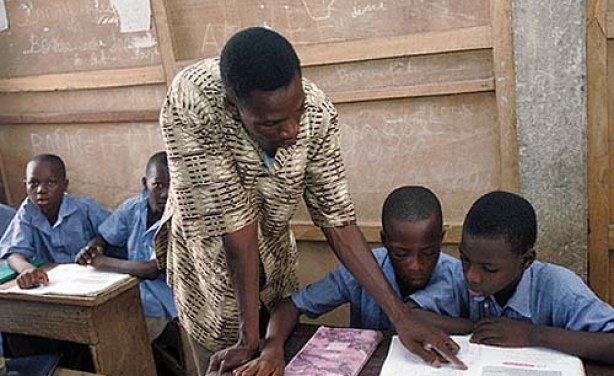
According to thestudy from the UN Educational, Scientific and Cultural Organization (UNECSO), One year into COVID: Prioritising education recovery to avoid a generational catastrophe, even before thepandemic the number of childrenlacking basic reading skillswas on a downward curve.
A UNESCO statement said in 2020, instead of 460 million children experiencing reading difficulties, that number jumped to 584 million. The rise of more than 20 per cent,wiped out two decades of education gains, the agency said.
Since the beginning of the coronaviruspandemic, complete or partial closures have disrupted schooling for an average of 25 weeks, says the report, with the highest learning losses projected to be intheLatin America and Caribbeanregion, andinCentral and Southern Asia.
While the reportfinds that a return to the pre-pandemic pathwaymay take adecade, it underscores that recovery could occur by 2024 if exceptional efforts aremadetoprovideremedialclassesand catch-up strategies.
According to new data from ajoint survey conducted by UNESCO and the UN Childrens Fund (UNICEF),only a quarter of students are benefiting fromremedial education.
While the number of students impacted by school closures has not significantly changed since the beginning of the pandemic,countries are increasingly taking measures tokeep schools at least partiallyopen.
The report shows that schools are currently fully open in 107 countries, mostly in Africa, Asia andEurope, serving400 millionpre-primaryto secondarylearners.
Meanwhile, school closures in 30 countries are impacting some 165 million students.
At the same time, schools in 70 countries are partially open in various regions, for some grades, or with reduced in-person attendance affectingabout two-thirds of theglobalstudent population,or nearly one billionlearners.(PANA/NAN)
Source: NAN News